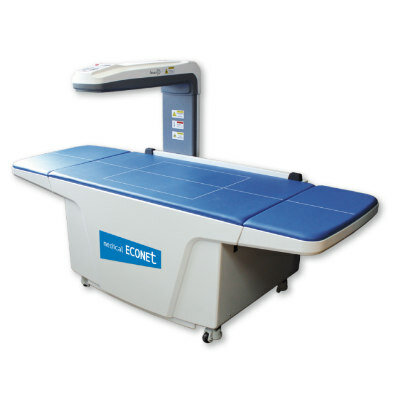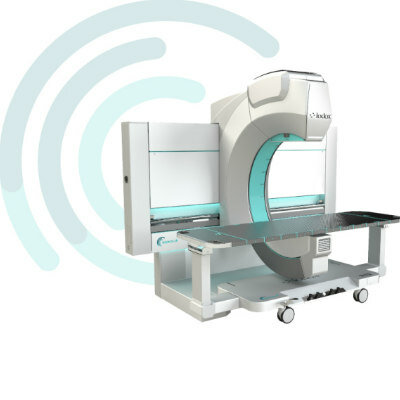Functional MRI Looks at Conflict and Reward in Depressed Patients
By MedImaging staff writers
Posted on 05 May 2008
The paradoxical assimilation of happiness and suffering can be a feature of depression. A new study of regional brain activity using functional magnetic resonance imaging (fMRI) may help provide insights into how happiness and suffering are related in depression. Posted on 05 May 2008
Stanford University (Stanford, CA, USA) researchers recruited both depressed and nondepressed volunteers to undergo brain scans, utilizing fMRI, while they participated in tasks where they won and lost money. Dr. Brian Knutson, first author on this article, explained their findings, "When they anticipated winning money, both depressed and nondepressed individuals showed neural activation in the nucleus accumbens, a region implicated in the anticipation of reward. Only the depressed participants, however, additionally showed increased activation in the anterior cingulate, a region of the brain that has been implicated in conflict.”
The study was published in the April 1, 2008, issue of the journal Biological Psychiatry. John H. Krystal, M.D., editor of Biological Psychiatry and affiliated with Yale University School of Medicine (New Haven, CT, USA), noted that this finding indicates that "this complex mixture of findings suggests that depression is not simply the absence of reward, but rather a contamination of neural processing of rewards with features of neural processing of punishments.”
Dr. Knutson agreed with this statement, commenting, "these findings are consistent with formulations that depression involves difficulties in the processing of positive information, and suggest more specifically that depressed people actually experience conflict when they are faced with the likelihood of receiving a reward.”
Dr. Krystal concluded, "one intriguing potential implication of this work is that some forms of depression may be experienced, not as the absence of pleasure, but as the ubiquitous presence of emotional pain, disappointment, or frustration.”
Dr. Knutson and his colleagues are currently evaluating whether this increased experience of conflict when anticipating reward hinders recovery from depression.
Related Links:
Stanford University














